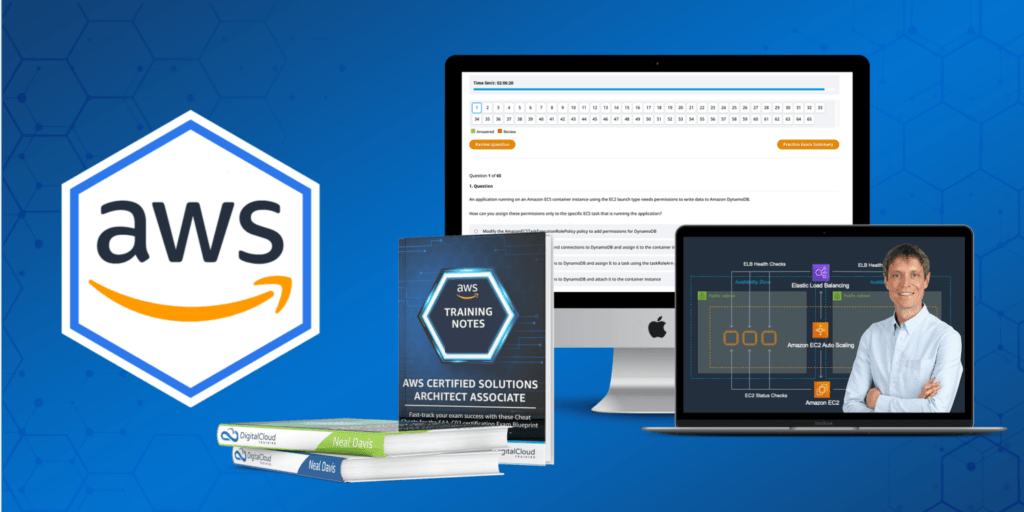If you already have some working experience with AWS cloud services or you have a strong technical background in IT, you can start off with the associate-level certifications. Personally, I would recommend doing the AWS Cloud Practitioner as well as it will be an easy exam for you and covers a bit more around benefits and pricing models.
So which associate-level certification should you aim for?
Take the AWS Certified Solutions Architect – Associate first. This is the most popular AWS certification and will give you a strong and broad understanding of many core AWS services.
If you’re a Developer, do the AWS Certified Developer – Associate next. This exam will teach you some services such as AWS Lambda, Amazon DynamoDB, Amazon API Gateway and the AWS Developer Tools in much greater depth. It will also teach you how to optimize your code for performance and security.
If you’re a SysOps Engineer, do the AWS Certified SysOps Administrator – Associate next. This certification will teach you about how to optimize infrastructure to run on AWS and goes into lots of details on operations and management (including great depth on Amazon CloudWatch).







